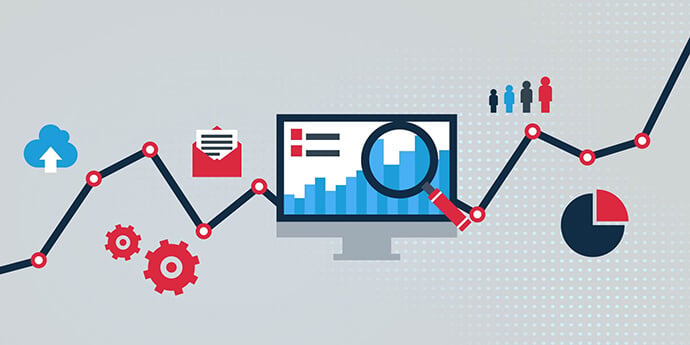
Log Monitoring: A Complete Guide
Read our introductory guide for everything you need to know about log monitoring. What it is, how it works, and why it is important for your UK business.…
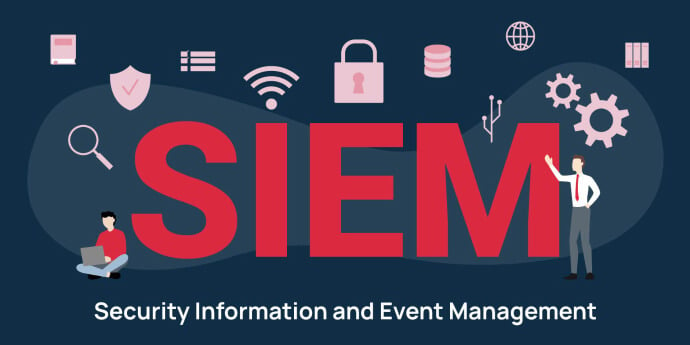
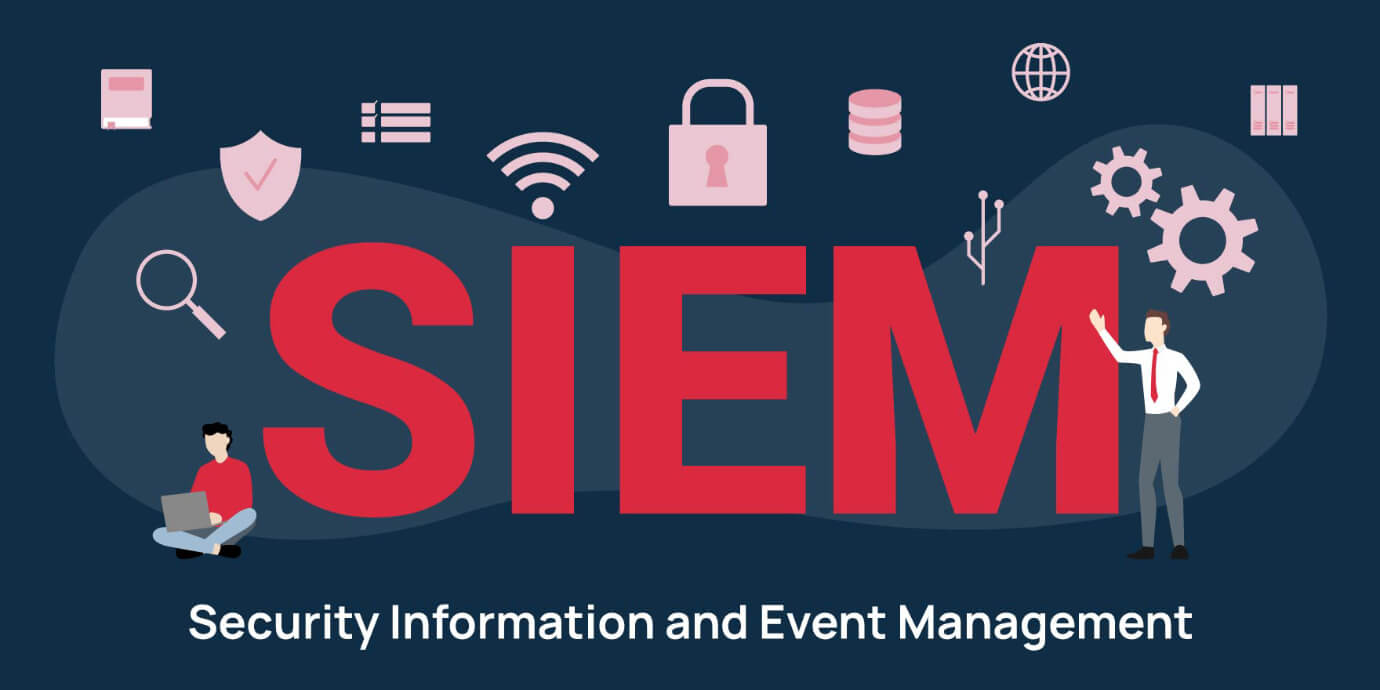
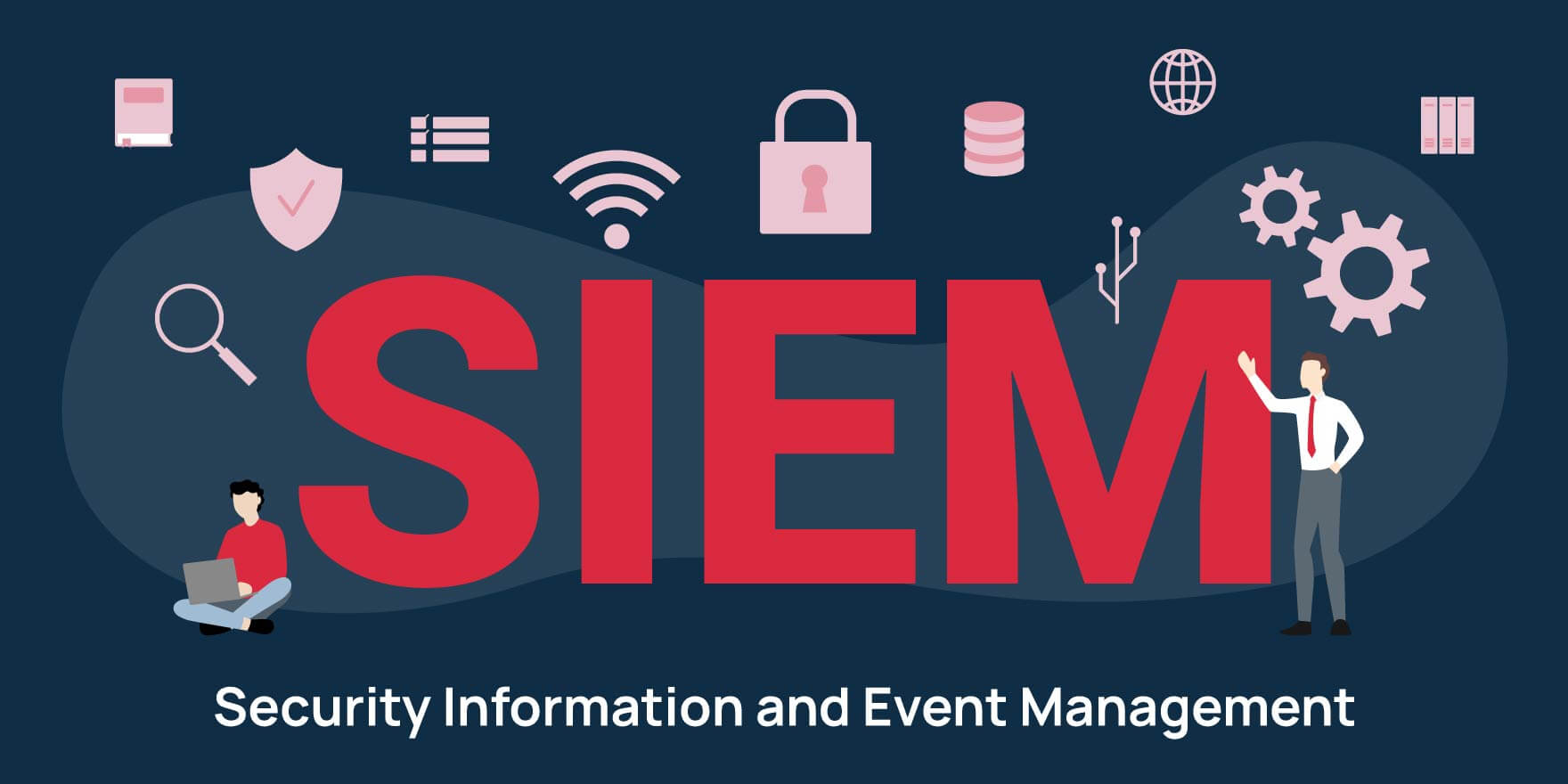

Harvina Bains
Security Blogger
18th April 2023
Creating a SIEM system for your business can be a tricky task, particularly when deciding whether to build it in-house or outsource to a managed SIEM service. In this blog, we’ll explore the options and explain how outsourced SIEM can make your security setup easier and more efficient in the long run.
First conceptualised in the early 2000s, Security Information and Event Management (SIEM) combines log monitoring and event management systems to detect and respond to security threats in real-time. A SIEM tool collects and analyzes security event data from sources such as firewalls, servers, and network devices, to identify security incidents and provide actionable insights to security teams.
SIEM solutions typically include:
By doing all the above, SIEM solutions help stay ahead of potential cyber threats by quickly identifying suspicious activity and providing context for any necessary remediations. This helps organisations to protect sensitive data and systems from unauthorised access.
SIEM threat intelligence is essential for businesses looking to maintain a robust security posture and defend against the ever-evolving landscape of cyber threats. However, it can be complex to manage a SIEM platform and it requires a high level of expertise to operate effectively. This is where the difference between an outsourced managed SIEM service and unmanaged (in house) SIEM comes into play.
Managed SIEM is a security service that provides all the benefits of SIEM without the burden of managing the technology. SIEM service providers use a team of security experts who handle everything from deployment and configuration to maintenance of the SIEM infrastructure. Managed SIEM providers usually include 24/7 monitoring, alerting, and a basic level of incident response, ensuring that any security issues are promptly addressed.
Managed SIEM services also include additional security features such as threat intelligence and compliance reporting. The benefit of outsourcing to a managed SIEM provider is that it allows your organisation to focus more on core business activities, knowing that your security is taken care of by seasoned professionals.
Managed SIEM services offer several benefits, such as:
When deciding between an unmanaged or managed SIEM solution your organisation should consider the following:
SIEM is an effective solution for managing security events and incidents. While deploying and managing a SIEM platform yourself is a credible option if you have your own SecOps team, it will still require a significant investment in time, resources and expertise to manage effectively. Outsourcing everything to a SIEM provider is a much more affordable and scalable alternative, as your organisation will get access to a dedicated team of security experts who will oversee the platform on your behalf. You can get back to managing other areas of your business and get alerted if there is a genuine security risk that requires your attention.
Ultimately, the choice between an outsourced SIEM service and managing it yourself will depend on your organisation’s specific needs, resources, and budget, but with cyber attacks becoming increasingly sophisticated, businesses need to consider SIEM as a critical part of their security strategy.

Harvina Bains
Security Blogger
Share this article
With Defense.com Managed SIEM, your network will be monitored 24/7/365 for suspicious activity, helping to identify threats and prevent breaches. We’ll help you quickly improve your security posture with our fully managed service.

Read our introductory guide for everything you need to know about log monitoring. What it is, how it works, and why it is important for your UK business.…

Discussing the benefits of a security operations centre (SOC), the complexities of building a SOC in-house and 5 reasons why business should outsource their SOC.…
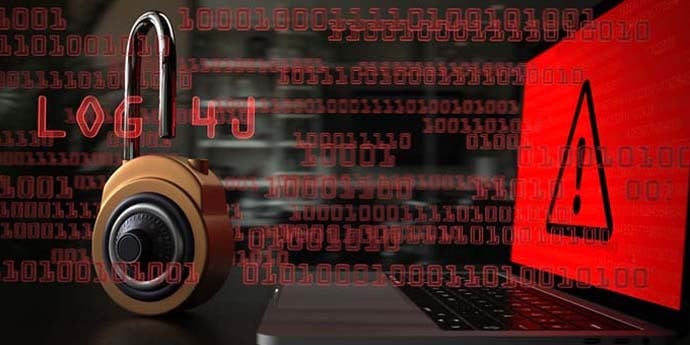
In December 2021, a critical vulnerability found in a Java-based software shook-up the internet and had businesses on red alert…
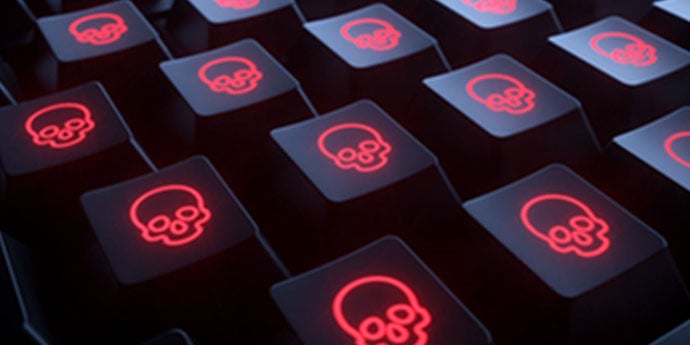
Find out how ransomware works and read top tips for defending against attacks by securing your UK business with employee training and endpoint protection tools.…
Get actionable cyber security advice and insights straight to your inbox.